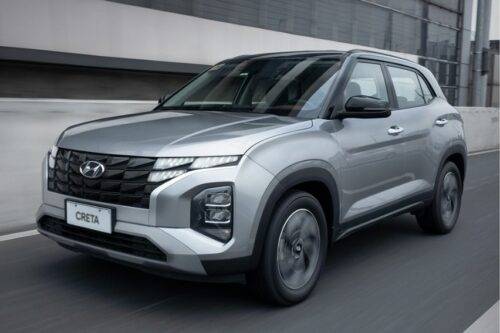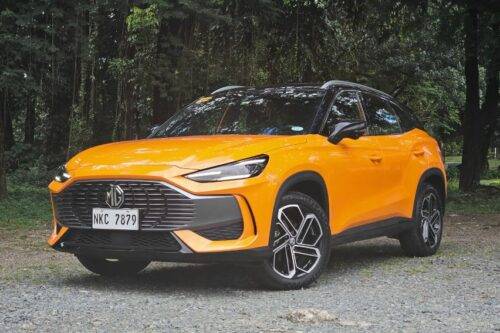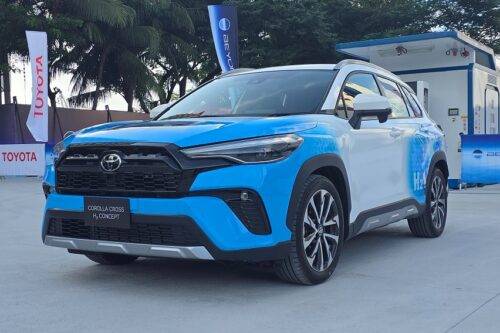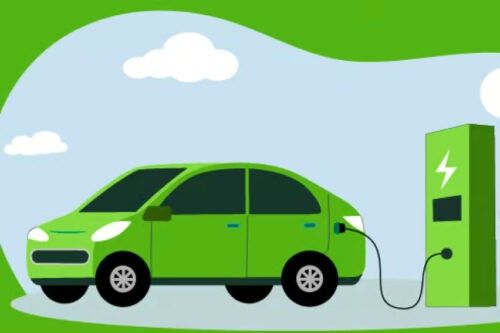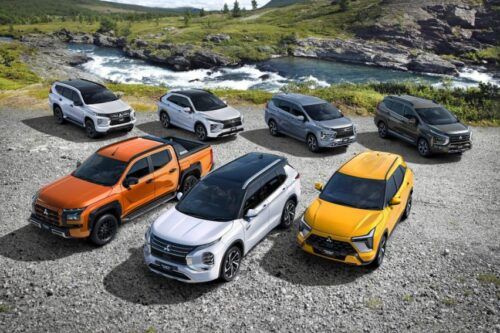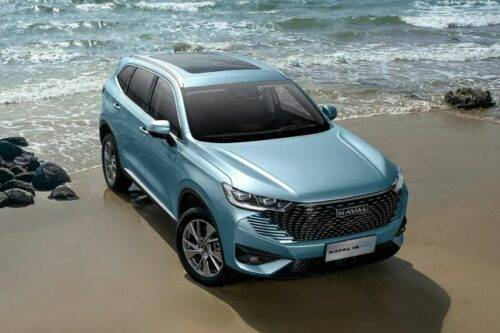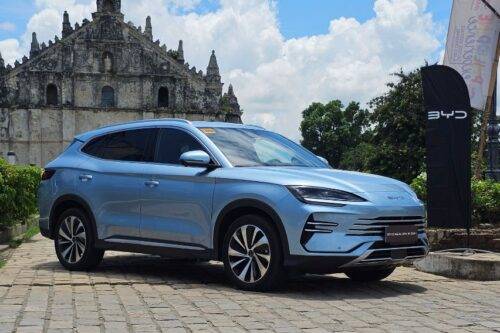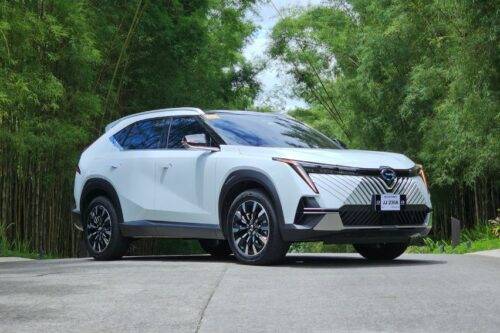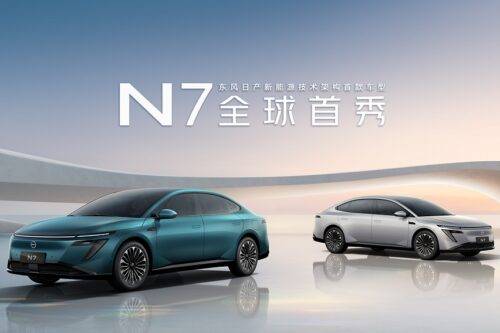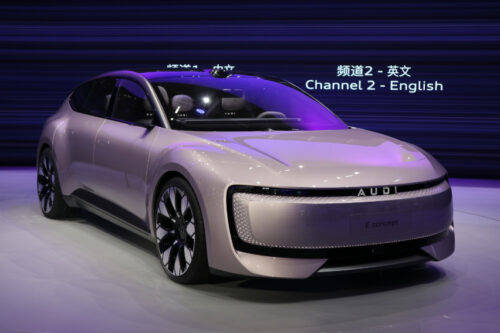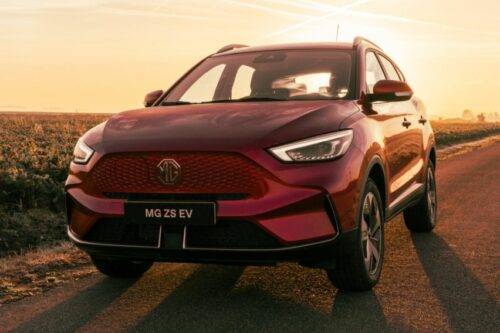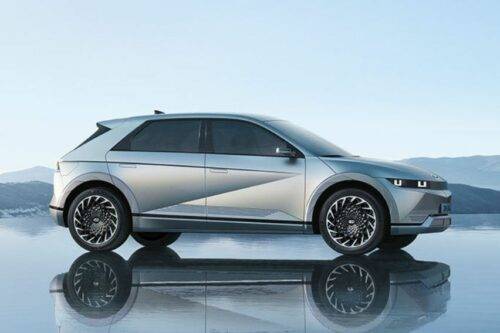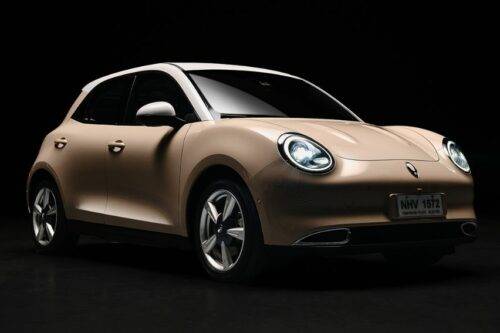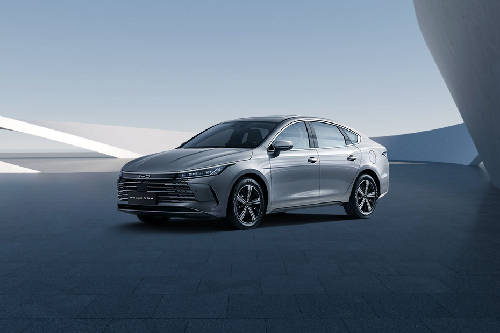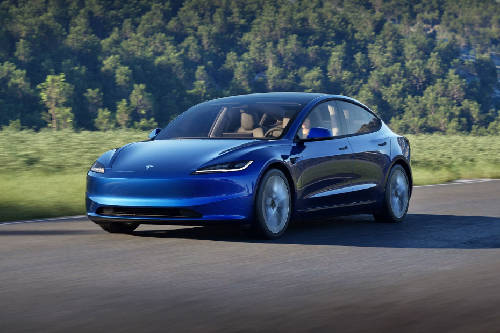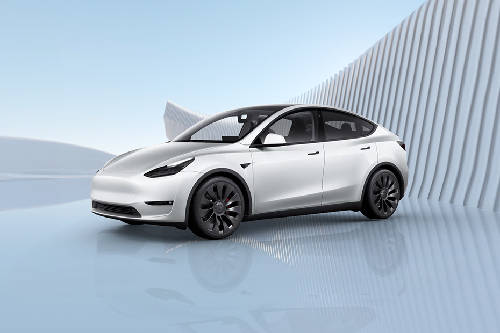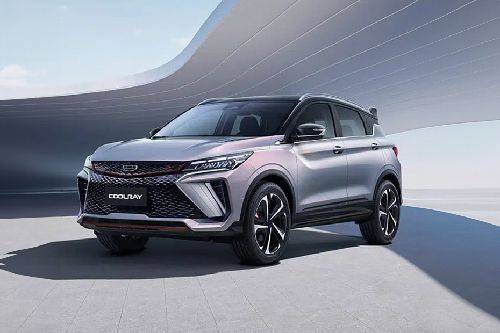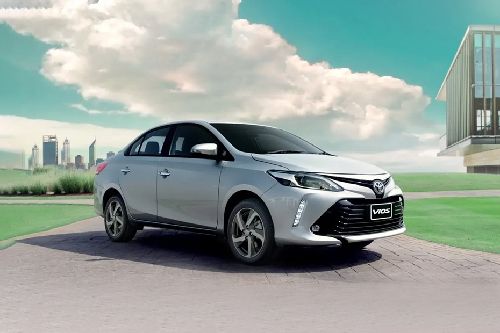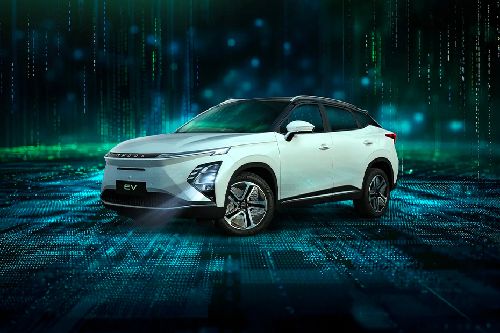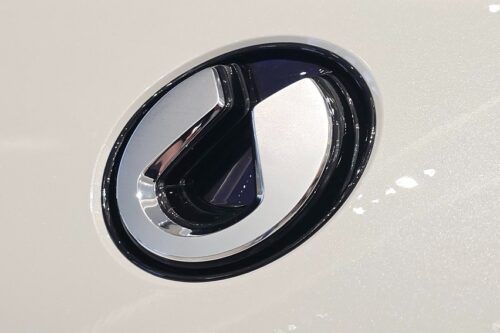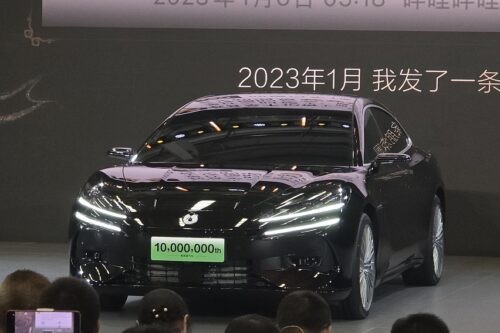EV vs Regular Combustion Engine
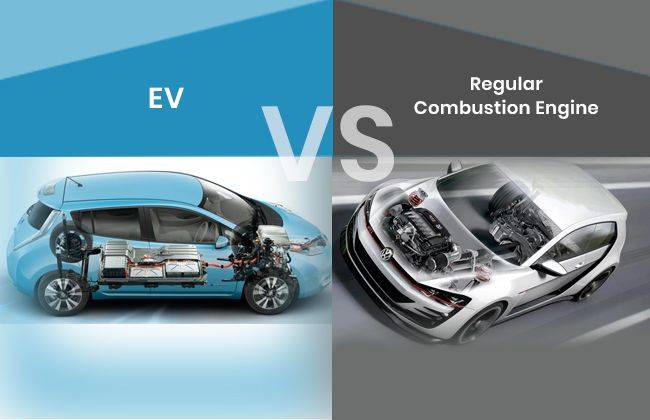
The car market has recently been shifting to favor the integration of environmentally friendly technology, giving rise to the electric vehicle (EV). As car manufacturers have begun to design and produce their own electric vehicle models, there have been lots of questions surrounding the future of the internal combustion engine. While the transition wasn’t immediate, trends and consumer interests have shown more interest in the benefits of going electric.
Some car manufacturers such as Porsche have gone as far as saying that all their vehicles will be 100% electric by 2030. With the price of electric batteries also falling over the recent years, the electric vehicle market is poised to take over the dominant combustion engine.
Emissions
In recent years, there has been a great demand to address the growing emissions causing damage to the climate caused by the need for fuel and oil. This has made electric vehicles all the more attractive compared to standard combustion engines that heavily burn and consume fuel.
However, there have also been apprehensions in this regard after a study was released observing the emissions produced by either. According to the study, the emissions produced in manufacturing car batteries are virtually the same as the number of emissions generated by combustion engines. This has raised concern over the overall environmental impact of either technology. However, it is important to note that the benefits of an electric vehicle are felt more overtime.
The beauty of an electric battery is that, in its entire lifespan, it will produce cleaner emissions.
Power and fuel
This is where most become hesitant towards electric vehicles. On average, combustion engines can go 300-400 miles (482-643 km) on a full tank. Compared to most electric vehicles on the market today, the EV still has an energy threshold. However, this has gradually been accelerating to become equal to the capacity of a standard combustion engine.
Some electric vehicles can currently put in 500 km on a full charge. But even then, this can only be typically found on higher-end models in the market — such as the Mercedes EQC, with an expected range of 500 km, and Tesla Roadster, with 1,000 km.
One of the advantages, however, is the lessened cost from regularly topping off on fuel to replacing the battery every couple of months. With oil prices still skyrocketing as resources begin to dwindle, it is only expected to become more and more expensive.
Driving experience
On that note, another major apprehension towards electric vehicles is its drivetrain. EVs obviously lack the same amount of power as a typical gas-powered combustion engine. In terms of speed, combustion engine vehicles still come out on top. However, electric vehicles have become generally known for their impressive acceleration capabilities, possessing faster acceleration compared to combustion engine vehicles.
As drivers’ needs have also begun shifting to valuing travel and fuel economy, speed has taken a back seat in what most look for in a vehicle.
Regenerative braking
This is where regenerative braking comes in. Regenerative braking is a relatively well-known feature in hybrid and electric vehicles today designed to increase range. The principle is that when you use your brakes, you waste energy. Regenerative braking solves this by capturing the energy used in braking and giving it back to the vehicle, converting it into electricity.
This feature first became notable in the hybrid Toyota Prius and fully-electric Tesla Roadster. These kinds of features add value to the electric vehicle, making it a vehicle with a long lifespan compared to a typical combustion engine-powered vehicle.
Price and cost
The biggest obstacle for electric vehicles today would have to be its steep price range compared to combustion engine vehicles. While affordable variations such as the Nissan Leaf exist, they can still be significantly more expensive compared to their gasoline-powered counterparts.
Electric vehicles tend to be more expensive for two main reasons: the cost of producing the battery, and the fact that the technology is still fresh in the car market. Fortunately, the average cost of the electric battery has been significantly decreasing over the past few years as EVs continue to become more accessible and attractive to consumers.
In addition to that, EVs promise massive savings in terms of fuel and maintenance over time, making it significantly more cost-effective compared to affordable combustion engine vehicles.
What do you think about the rise of the electric vehicle? Share with us your thoughts on our social media.
Also read: 5 Reasons why EV batteries are expensive
Sell your car at the best price
 Verified and genuine buyers
Verified and genuine buyers
PIMS 2024
- Latest
- Popular
You might also be interested in
- News
- Featured Stories
- Latest
- Upcoming
- Popular
Latest Car Videos on Zigwheels

Car Articles From Carmudi
- journal
- advice
- financing
- insurance









